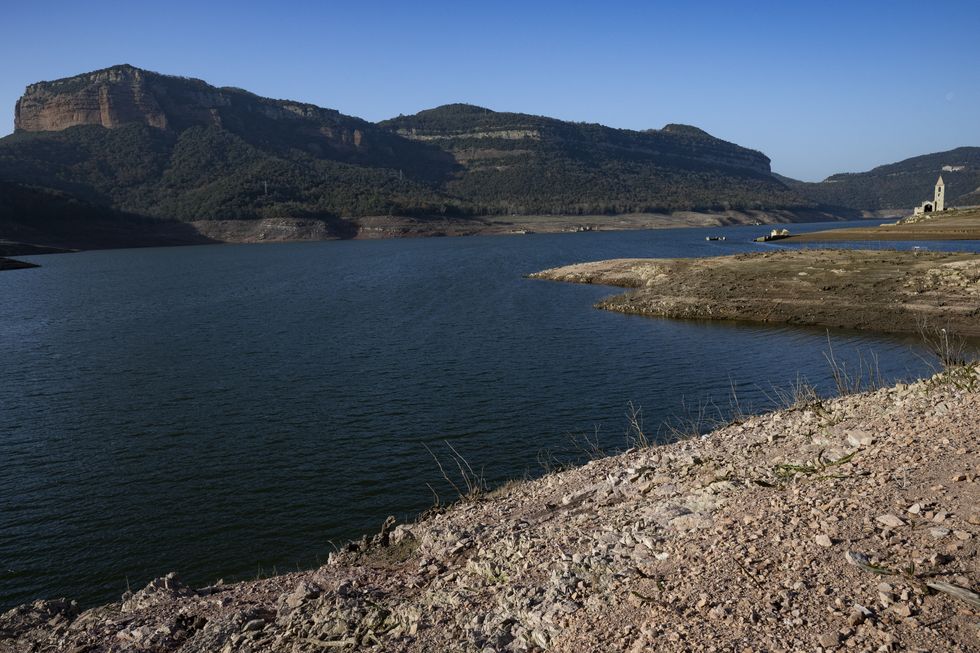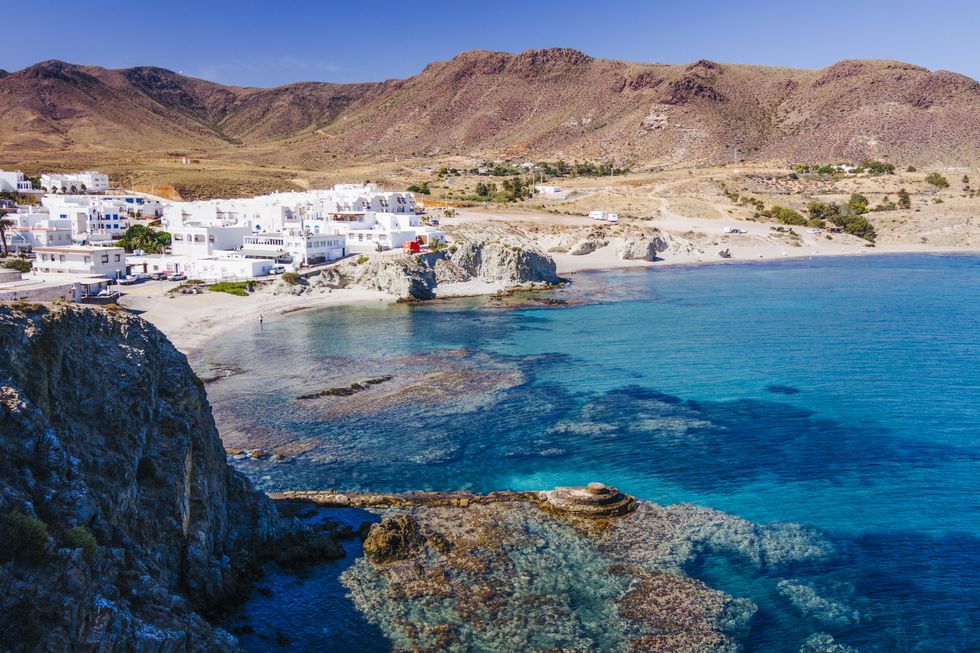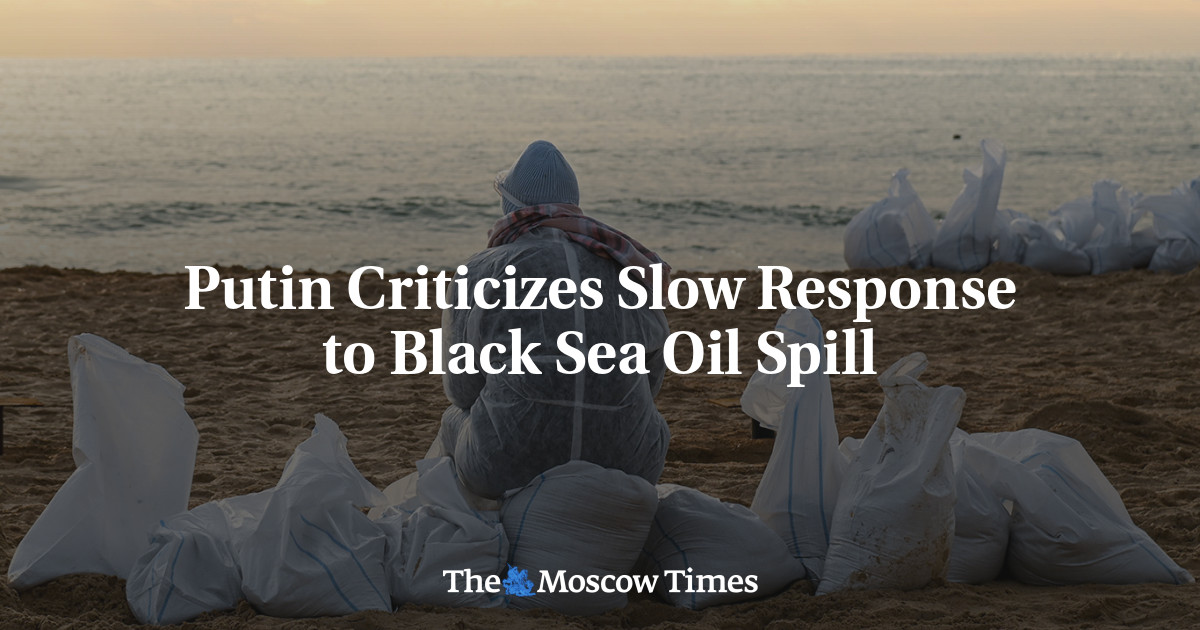Spain is a popular holiday destination, but Britons have been warned as Southern Spain remains in the grip of a severe drought crisis, despite early rainfall this year. Popular tourist destinations are facing critical water shortages.
Malaga's reservoir levels sit at a concerning 28 per cent, whilst Almeria's situation is even more dire at just 9.38 per cent. A travel expert has exclusively shared advice for anyone visiting the country at this time.
The drought conditions could significantly impact holidaymakers, with water restrictions affecting accommodation and activities across the region.
This presents a stark contrast to northern Spain, where some areas have completely overcome drought conditions, according to the Public Sanitation and Supply association (AEOPAS).
Parts of Spain are experiencing drought
GETTY
Sixteen municipalities across the Andalucian interior, Almeria and the Marina Baja of Alicante continue to face severe drought conditions.
The Guadalquivir, Segura, Jucar, Guadalete-Barbate and Catalunya water regions show particularly worrying water levels, falling well below historic averages.
Whilst autumn rainfall has improved conditions in Sevilla and Antequera, drought measures remain firmly in place across the Campo de Gibraltar, Guadalhorce and Axarquia areas.
Across Andalucia as a whole, reservoir levels currently stand at 34 per cent, marking a 15 per cent improvement from last year but still 11 per cent below levels from a decade ago.
Tourism expert Christian Petzold warns that travellers should be prepared for water restrictions in drought-affected areas. He said: "Droughts are nothing new to Spain, especially in the southern and central parts of the country, which can affect anything from water availability to local agricultural production.
"It is very important that travellers, especially business or corporate events travellers, be informed about these conditions, as they may affect the logistics of planning, including accommodations, transportation, and outdoor activities
"Tourists should be prepared to be informed about some of the water restrictions relevant in the area they visit, especially in more drought-intense areas."
These restrictions may affect public fountains and outdoor activities, with visitors potentially needing to rely on bottled water. Local authorities typically issue guidelines on water conservation, which could impact accommodation choices and event planning for holidaymakers.
AEOPAS has emphasised the urgent need for more resilient water management policies to address climate change effects.
Key actions recommended include diversification of water supplies, implementation of re-use measures and improved monitoring of urban water usage.
An expert has shared advice for Britons
GETTY
The association stressed these measures are crucial to prevent future drought crises in vulnerable regions.
For holidaymakers seeking alternatives, northern Spain offers a stark contrast to the drought-stricken south. The Basque Country's reservoirs are currently at 100 per cent capacity, offering visitors a more water-secure destination.
Valencia has also seen significant improvements in its water situation, according to AEOPAS.
Christian suggested considering "the cooler, more rainy north: Galicia or the Basque Country," noting these regions offer "lush landscapes and bustling cities" for both business and leisure travellers.

 By GB News (World News) | Created at 2025-01-15 13:26:40 | Updated at 2025-01-15 16:23:16
2 hours ago
By GB News (World News) | Created at 2025-01-15 13:26:40 | Updated at 2025-01-15 16:23:16
2 hours ago










